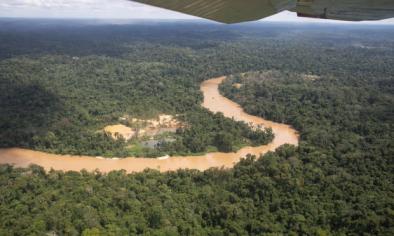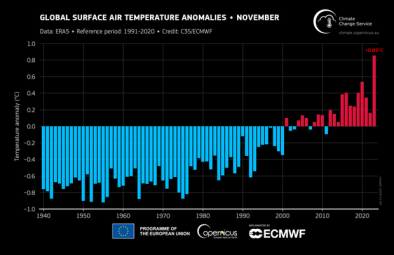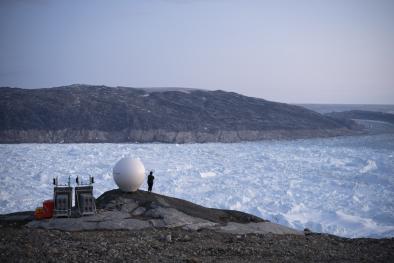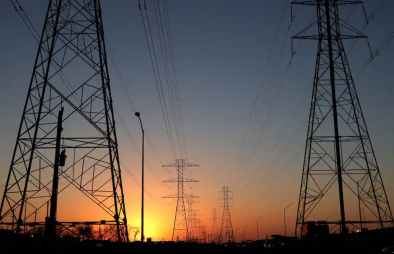Science Source
The Unprecedented Character of California's 20th Century Enhanced Hydroclimatic Variability in a 600-Year Context
Study key findings & significance
-
California's hydroclimate shows enhanced variability caused by increasingly wet extremes during the 20th century
-
Tree-ring based hydroclimate reconstructions suggest that this statewide configuration has not been seen in the past 600 years
-
The 16th century shows enhanced hydroclimate variability driven by an increase in the magnitude of dry extremes, rather than wet extremes
Related Content
Headline

Feb 15, 2024 | Climate Nexus Hot News
Amazon Could Reach Tipping Point By Midcentury
Headline

Jan 16, 2024 | Climate Nexus Hot News
2023 Smashes Hottest Year Record
Headline

Dec 7, 2023 | Climate Nexus Hot News
It’s Official - 2023 Is World's The Hottest Year On Record
Headline

Dec 7, 2023 | Climate Nexus Hot News
Earth Veering Closer To Dangerous Tipping Points
Science Source
Accelerated Transition Between Dry and Wet Periods in a Warming Climate
Study key findings & significance
-
Approximately three-fifths (59%) of global land area are projected to experience accelerated transition between dry and wet periods
-
Southern Asia suffers the most from severe transition between dry and wet periods
-
Enhanced precipitation and potential evapotranspiration variabilities contribute to the accelerated dry-to-wet transitions
Related Content
Science Source
| Journal of Geophysical Research: Atmospheres
Atmospheric winter response to Arctic sea ice changes in reanalysis data and model simulations
Ralf Jaiser, Tetsu Nakamura, Dörthe Handorf et al
Science Source
| Nature Communications
Weakening of the stratospheric polar vortex by Arctic sea-ice loss
Baek-Min Kim, Seok-Woo Son, Seung-Ki Min et al
Science Source
| Nature Climate Change
Persistent shift of the Arctic polar vortex towards the Eurasian continent in recent decades
Jiankai Zhang, Wenshou Tian, Martyn P. Chipperfield et al
Headline

Feb 23, 2021 | Washington Post
Deadly Texas blackout shows our vulnerability to coming climate extremes


